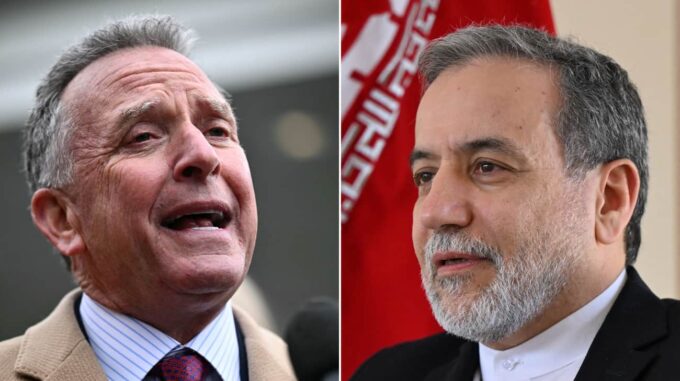Iran insists on rejecting the United States’ proposals for a new nuclear deal, announcing its intention to officially decline the agreement

According to Reuters, a high-ranking Iranian source close to the negotiation team confirmed that Tehran considers the American proposal to be one-sided, unfair, and not reflecting the key interests of the Islamic Republic. In official comments, an Iranian representative emphasized that the country is preparing to formally refuse the new deal because it views it as unpromising due to the lack of constructive concessions from the U.S. on main issues. These core positions have become the “stumbling block” in the prolonged negotiations. It is worth noting that the intermediary in this process is Omani Foreign Minister Said Badr al-Busaidi, who has conveyed the American proposal to Washington. Over the past few months, five rounds of negotiations have taken place between the Iranian Ministry of Foreign Affairs and President Donald Trump’s special envoy for the Middle East, Steve Vitkoff. However, no significant agreements have been reached so far. The main reason for the deadlock in the talks is Iran’s ambiguous stance on several U.S. demands. In particular, Iran refuses to halt uranium enrichment—considering it a sovereign right. Additionally, the Israeli and international communities insist that Tehran transfer all highly enriched uranium abroad as raw material for developing nuclear weapons. However, Iranian representatives demand the immediate and unconditional lifting of all sanctions imposed by the U.S. since 2018. The U.S. government, including its spokeswoman Caroline Leavitt, emphasized that President Donald Trump has already sent a clear signal—nuclear weapons for Iran are an unacceptable goal. According to her, the Washington proposal is “completely one-sided,” and Iranian negotiators believe that accepting it would jeopardize Iran’s interests. Tehran perceives the new demands as an attempt to impose an unfavorable deal and stresses that the proposal does not account for its security and strategic interests. Accordingly, the Iranian delegation has firmly stated that it has no intention of agreeing to conditions that conflict with their national interests and principles. It is important to note that Israel, the main opponent of Iran’s nuclear program, has repeatedly threatened to use military force to destroy Iranian nuclear facilities if Tehran acquires nuclear weapons. Israel regards Iran’s nuclear program as an existential threat and persistently urges the international community to take decisive action to prevent its development. Thus, the situation around the nuclear negotiations remains tense. Tehran demonstrates an unwillingness to make concessions without guarantees from the U.S., while Washington continues to insist on the removal of all restrictions and sanctions. There is currently no expectation of a quick breakthrough, and prospects for reaching a new agreement remain uncertain amidst growing conflicting interests and rhetorical threats between the parties.

